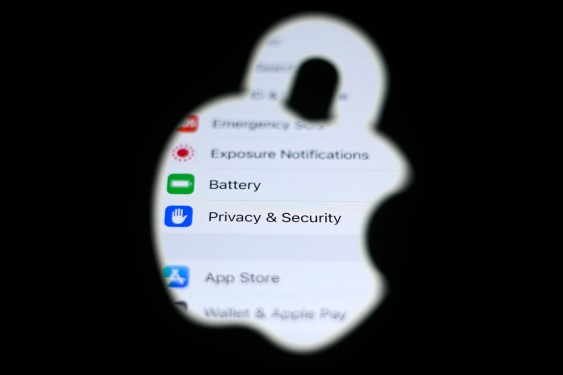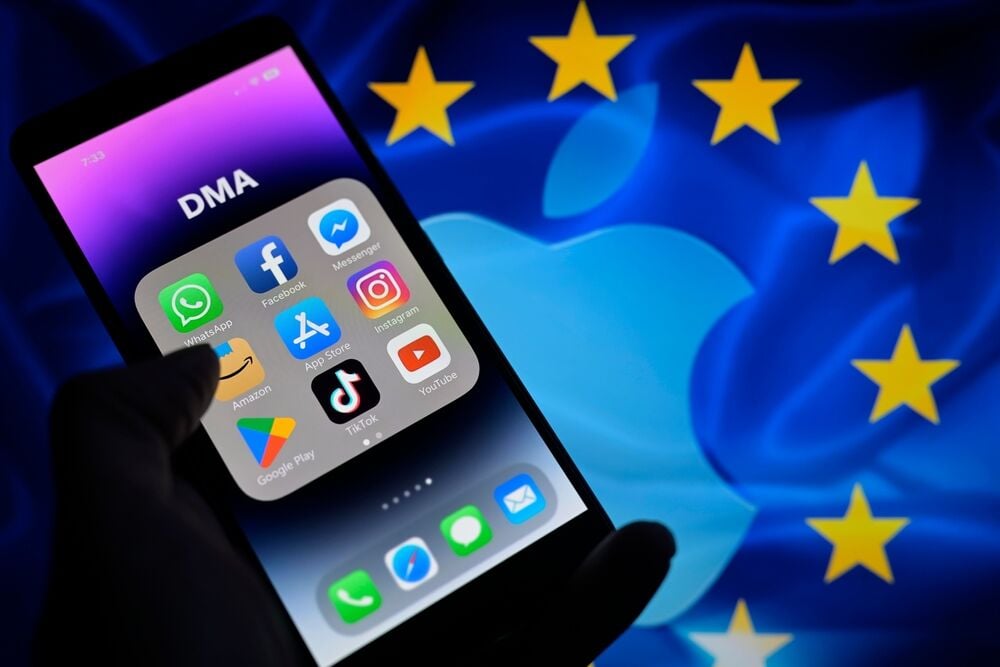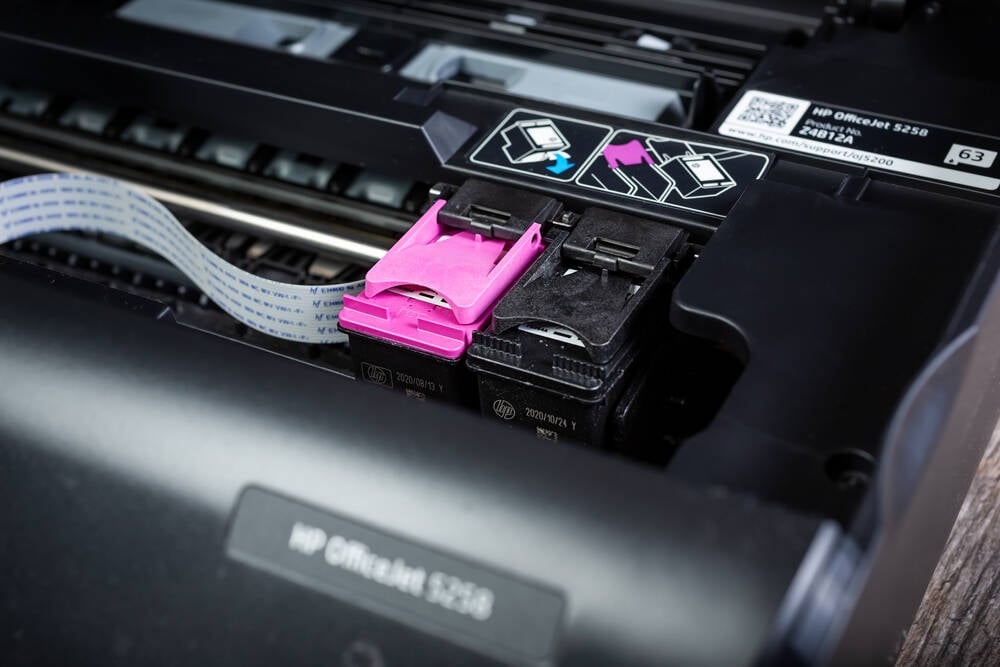The European Commission said in a formal ‘statement of objections’ on Tuesday (25 June) that Microsoft had violated EU antitrust rules by bundling its Teams app with its Office 365 and Microsoft 365 productivity suites.
The statement follows almost a year-long investigation, and the tech giant told Euractiv it would work to “address the Commission’s remaining concerns”.
Teams is a communication and collaboration tool, while Office 365 and Microsoft 365 are comprehensive productivity software suites that include applications like Word, Excel, and Outlook for businesses.
Business software suppliers, like Microsoft, offer software as a service (SaaS) on their own cloud platforms, the Commission wrote in a press release. This allows new companies to provide SaaS solutions and customers to use different software from various providers.
However, Microsoft combines many software types in one package. When Teams was launched, Microsoft included it in their Office 365 and Microsoft 365 business suites, the Commission said.
Margrethe Vestager, the Commission’s executive vice president in charge of competition policy, said the EU executive was concerned that “Microsoft may be giving its own communication product Teams an undue advantage over competitors, by tying it to its popular productivity suites for businesses.”
This might have hindered competition and innovation, harming customers in the European Economic Area, the press release stated.
If confirmed, these practices would violate the Treaty on the Functioning of the European Union (TFEU), which prohibits abuse of a dominant market position.
Brad Smith, vice chair and president of Microsoft, told Euractiv the company was taking the Commission’s assessment seriously:
“Having unbundled Teams and taken initial interoperability steps, we appreciate the additional clarity provided today and will work to find solutions to address the Commission‘s remaining concerns,” he said.
After proceedings began in July 2023, Microsoft made changes to offer some suites without Teams, but the Commission found these changes insufficient and required more action to restore competition.
Statement of Objections
The Commission began its investigation last July, following a complaint from Slack Technologies, now owned by Salesforce. A second complaint from alfaview GmbH raised similar issues about Teams.
Sabastian Niles, president & chief legal officer at Salesforce, told Euractiv they are urging “the Commission to move towards a swift, binding, and effective remedy that restores free and fair choice and promotes competition”.
The Statement of Objections addresses both investigations. This formal step notifies Microsoft of the antitrust concerns, allowing them to review the case documents, respond in writing, and request a hearing to present their defence.
If the Commission finds enough evidence of a violation after reviewing the company’s defence, it can issue a decision to stop the conduct and impose a fine of up to 10% of the company’s global annual revenue.
The Commission can also require the company to take measures to end the infringement. There is no set timeline for completing antitrust investigations, as their duration depends on factors like the case’s complexity, company cooperation, and the defence process.
In March, it was the Commission that violated data protection rules in its use of Microsoft 365, leading to the imposition of corrective measures by the European Data Protection Supervisor (EDPS).
The last statement is irrelevant in this context but still something very worrying. Teams should be available as a stand alone product.







